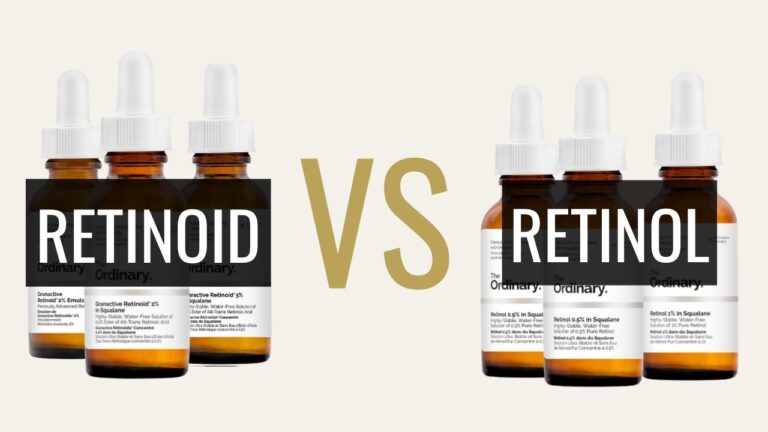Understanding the Potential Side Effects of Salicylic Acid: What You Need to Know
Salicylic acid is a popular ingredient in many skincare products. It is known for its ability to exfoliate the skin and clear clogged pores, making it a go-to choice for those suffering from acne. However, like any ingredient, it also comes with potential side effects that should not be ignored. In this article, we will explore the possible salicylic acid side effects and how to prevent them.
What is Salicylic Acid?
Salicylic acid is a beta-hydroxy acid (BHA) that is derived from willow bark. It is an active ingredient in many over-the-counter acne treatments, as well as in prescription-strength products. Salicylic acid works by exfoliating the skin and unclogging pores, which can help prevent future breakouts.
Possible Side Effects of Salicylic Acid
While salicylic acid is generally considered safe, it can cause some side effects for certain individuals. Some of the most common salicylic acid side effects include:
- Dryness and Peeling: Salicylic acid can cause the skin to become dry and flaky, particularly in those with sensitive skin.
- Sensitivity: Some individuals may experience redness, itching, or other forms of skin irritation when using products containing salicylic acid.
- Allergic Reactions: In rare cases, salicylic acid can trigger an allergic reaction. Symptoms can include hives, swelling, and difficulty breathing.
If you experience any of these side effects while using a product containing salicylic acid, it is important to discontinue use immediately.
How to Prevent Salicylic Acid Side Effects
Fortunately, there are several steps you can take to minimize the risk of experiencing salicylic acid side effects:
- Start Slowly: If you’ve never used a product containing salicylic acid before, start with a low concentration and gradually work your way up.
- Moisturize: Salicylic acid can be drying, so it’s important to use a moisturizer to keep your skin hydrated.
- Protect Your Skin from the Sun: Salicylic acid can make your skin more sensitive to sunlight, so it’s important to wear sunscreen and protective clothing.
- Discontinue Use if Necessary: If you experience any side effects from salicylic acid, stop using the product and consult with a dermatologist.
Conclusion
Salicylic acid is a powerful ingredient that can effectively treat acne when used correctly. However, it’s important to be aware of the potential side effects and take steps to minimize their risk. If you experience any adverse reactions, don’t hesitate to speak with a healthcare professional.
Contents
Most searched products:
Does Sephora Support Israel? Answering Your Questions
The Ultimate Guide to Azealic Acid: Benefits, Uses, and Side Effects
How Long Does Glycolic Acid Take to Show Results: Your Ultimate Guide
Discover the Benefits of The Ordinary Botox for Your Skin
The Ultimate Reviews of The Ordinary Peeling Solution
The Ultimate Guide to The Ordinary Colours Foundation: Reviews, Swatches, and Tips
The Perfect Order: When to Use Retinol and Niacinamide in Your Skincare Routine
Unlock Smooth and Supple Skin: Discover the Best Skincare Products for Skin Suppleness
Say Goodbye to B.O with Glycolic Acid Deodorant: The Secret to Long-Lasting Freshness
Exploring the Wonders of The Ordinary Oxford Street: A Complete Guide













